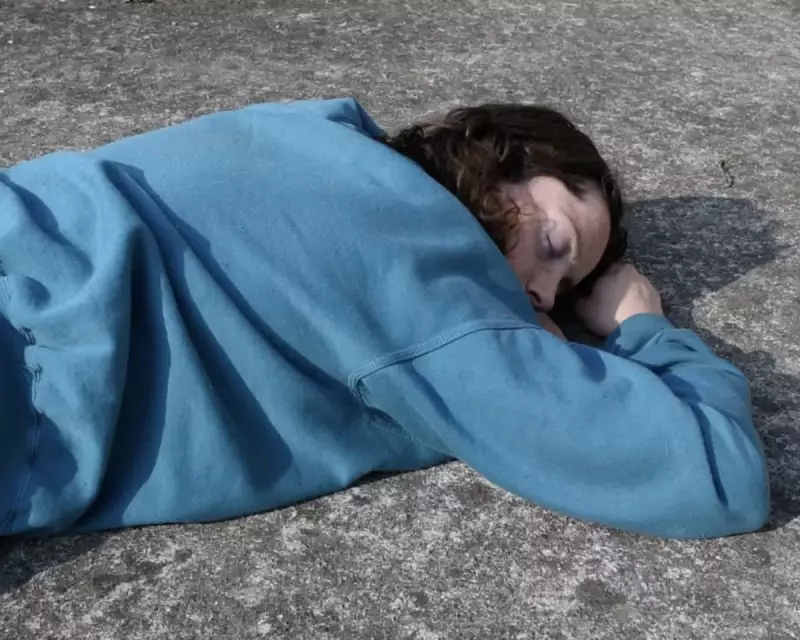
Sophie Fillières' posthumous film Fantaisie has emerged as one of the most divisive cinematic offerings of the year, presenting a modern reinterpretation of Shakespeare's Ophelia that either captivates or overwhelms its audience.
A Sensory Onslaught
The film follows Agathe, played with compelling vulnerability by Laetitia Dosch, as she navigates a turbulent emotional landscape following a painful breakup. Fillières creates what many are calling an "audiovisual onslaught" - a deliberate sensory overload that mirrors her protagonist's fractured mental state.
Critical Divide
Early reviews reveal a stark division among critics. Some praise the film's bold approach to representing psychological turmoil, while others argue the technical fireworks create an emotional distance that prevents genuine connection with the central character.
The Guardian's assessment suggests that despite the film's visual and auditory ambition, it ultimately fails to deliver the emotional resonance that would make Agathe's journey truly compelling. The review notes that while the technical execution is impressive, it sometimes feels like "style over substance."
Fillieres' Final Statement
As Fillières' final work completed after her untimely death, Fantaisie represents a significant moment in contemporary French cinema. The film's ambitious attempt to capture the experience of a "modern woman coming undone" through intense audiovisual language marks it as a work that will undoubtedly spark conversation among cinephiles.
Whether audiences will embrace its challenging approach or find themselves, like Agathe, overwhelmed by the experience remains to be seen as the film reaches wider release.






